Language is a bridge that connects people across borders, cultures, and societies, and in today’s globalized world, effective communication among diverse linguistic communities is more critical than ever. Enter the language professionals: translators and interpreters. These linguistic experts are the unsung heroes behind the scenes, ensuring that language barriers do not hinder the flow of information. In this blog post, we’ll unravel the differences between these language superheroes and explore their unique skill sets.
The Timing Factor: Diverging Paths
The primary difference between translators and interpreters lies in the timing of their work. Translators are the wordsmiths of the written word. They meticulously transform written content from one language to another, while preserving the original meaning and nuances. This task allows them the luxury of time to research and ensure an accurate and culturally appropriate translation.
In contrast, interpreters are the real-time communicators. They shine in live events, meetings, conferences, and conversations, providing immediate language interpretation. Quick on their feet, interpreters possess remarkable listening, comprehension, and language processing skills, allowing them to convey messages accurately on the spot.
Skill Sets: Distinct Yet Complementary
Both translators and interpreters must wield a strong command of at least two languages—their source and target languages. They need a deep understanding of grammar, vocabulary, idiomatic expressions, and cultural nuances.
Translators, in addition to linguistic expertise, must also possess research and writing skills. Working with written documents demands precision and attention to detail. A knack for context and maintaining consistency in lengthy documents are the hallmarks of a skilled translator.
Interpreters, on the other hand, thrive in high-pressure environments. They excel at listening, quick thinking, and memory retention. Simultaneous interpreters, in particular, have a remarkable ability to listen to a speaker in one language while providing real-time interpretation in another. Consecutive interpreters, working in more structured settings, take notes during speeches and convey the message in the target language during pauses.
Work Environment: Behind the Scenes vs. Center Stage
Translators usually operate behind the scenes, either independently or as part of a translation team. They enjoy flexibility, often working remotely, and this profession suits those who prefer a quieter work environment.
Interpreters, in contrast, often take center stage. They actively facilitate communication at events, meetings, and conferences, bridging language gaps between parties who speak different languages. As such, interpreters need to be physically present at the venue where their services are required.
In summary, translators and interpreters share a love for languages, but their roles and skills are distinct. Translators meticulously craft accurate written translations with ample time, while interpreters excel in fast-paced settings, offering real-time language assistance. Both are invaluable in uniting the world through language, ensuring that nothing is lost in translation.
So, whether you need flawless document translations or seamless interpretation at your next global business meeting, remember that these language professionals are the hidden heroes who make cross-lingual communication possible. In Ontario, all language professionals are certified by the Association of Translators and Interpreters of Ontario ATIO.
Cheers to the power of language! 🌍🗣️
#traductoragta #team #translationservices #ATIO #ontariocanada #womenbusinessowners #womenatwork #certifiedtranslator #certifiedtranslation #certifiedinterpretation


